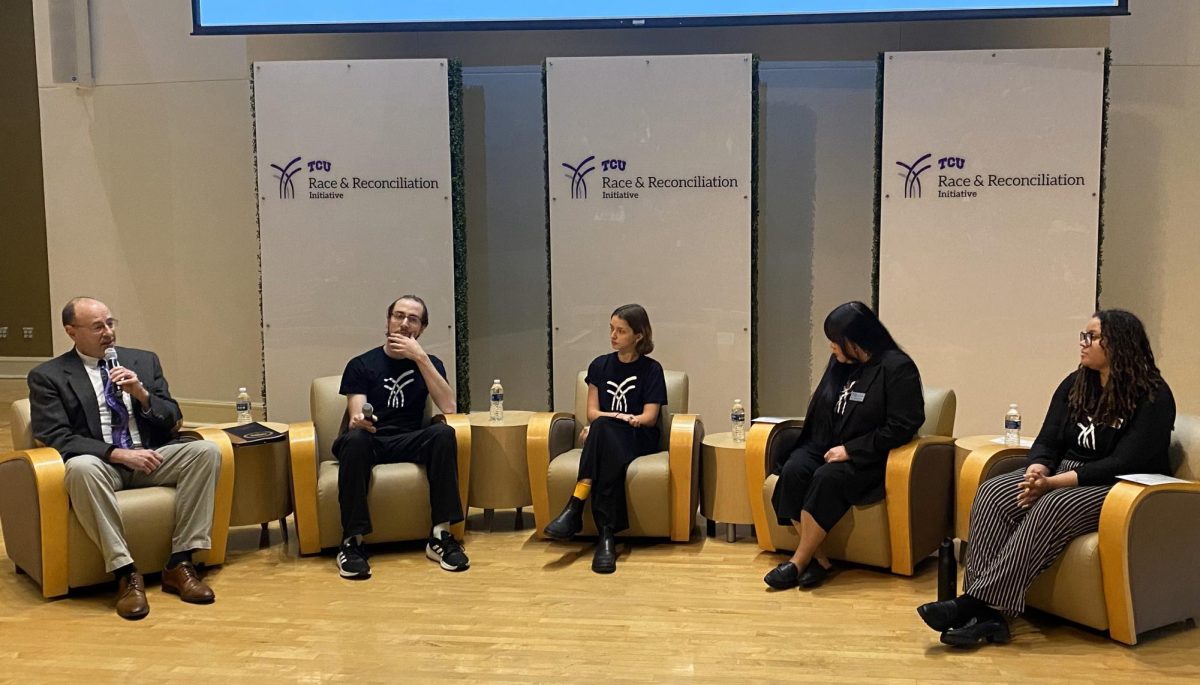The 76109 zip code is currently under a West Nile virus watch, but as of Aug. 31 no ground spraying will be needed.
Based on reports received that Friday afternoon from the Tarrant County Health Department, the city does not plan on spraying at this time, Diane Covey, the public information officer for the city’s code compliance department, said in a press release.
The 76117 zip code, just west of the 109, is under a warning, department director Brandon Bennett said Thursday night at an informational meeting at Faith Lutheran Church. Human cases of the virus have been confirmed in both zip codes.
Luther Lake, just west of Ridglea Country Club in the 76117 zip code, has been identified as a “hotspot” for mosquitoes, Bennett said.
As of Wednesday, 69 human cases of the virus had been confirmed in Fort Worth, according county health department data.
Ground sprays were made last week on the city’s northwest side. The chemicals used in the spray are not harmful to humans or pets, but the city is still hesitant to spray, treating it as a last resort, area-specific option, Bennett said.
“The spray is non-discriminate in what it kills,” Bennett said. “The city doesn’t want to kill everything.”
Bennett encouraged residents to remember the four D’s: Stay indoors at dusk and dawn, dress in long sleeves, use insect repellant that contains DEET and drain standing water in your yard and around your house.
If standing water is stagnant for 7 to 14 days it could become a breeding ground for mosquitoes carrying the virus, Bennett said. The city does have the power to obtain a warrant to pump pools that are stagnant. The recovery of mosquito populations following sprays is partly dependent on the number of source pools in the area, Bennett said.
Residents of both zip codes had a chance to voice their concerns and questions Thursday night. Mark Dambro is a 109 resident who lives near TCU.
“I’m concerned that we understand the problem and what I can do to help it,” Dambro said. “The most important thing we can do is drain our ponds.”






